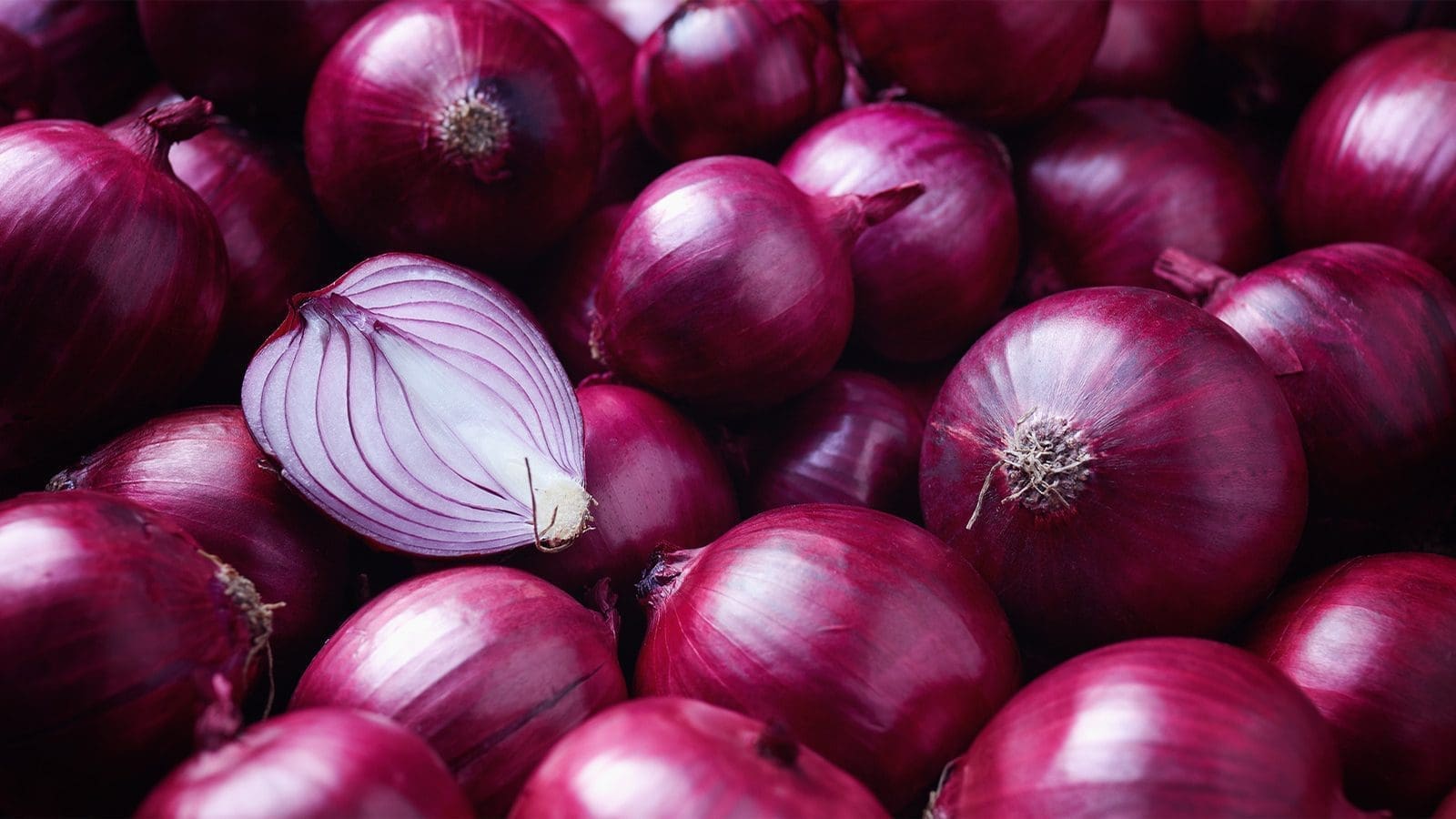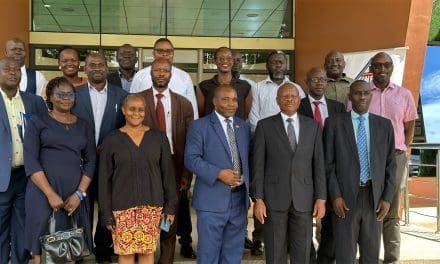GHANA – The Oforikrom Municipal Assembly in the Ashanti region has signed a Memorandum of Understanding (MOU) with the Crops Research Institute of the Council for Scientific and Industrial Research (CSIR-CRI), to commit funds for research activities to develop and release new varieties of onions and technologies for their cultivation and production by farmers in the area.
The MOU will allow CRI to release the appropriate varieties and technologies that will help increase crop yield and boost onion production and the incomes of the farmers for the next five years.
CRI’s mandate is to develop and disseminate demand-driven technologies and build capacities for sustainable food and industrial crop production.
At the signing of the MOU in Fumesua in the Ejisu Municipality, Professor Moses Brandford Mochiah, Director of CSIR-CRI, stated that Ghanaian farmers had been importing onion seedlings from the neighboring Burkina Faso and it was time the Institute took up steps to bridge that gap.
He lauded the Oforikrom Municipal Assembly for supporting the development of regional research support content and solving technical shortages in that sector, calling the onion one of the underappreciated but essential horticultural crops in Ghanaian cuisine.
Such partnerships, according to Prof. Mochiah, were essential for the production of industrial crops and sustainable food, and they would also improve farmers’ livelihoods and assist meet the country’s food needs.
The CRI, he said, was strategically placed to develop technologies for food, nutrition, and income security.
Prof. Mochiah emphasized that the Institute had created and distributed more than 200 crop varieties to countrywide end users since its founding.
The crop varieties include maize, rice, cassava, plantains, tomatoes, cowpeas, common beans, and groundnuts, among others.
He hoped that with such investment in horticulture research, technology development, and distribution, the need to import fruits and vegetables to supplement domestic production would become obsolete.
In order to help strengthen and sustain the agricultural value chain in their regions, Prof. Mochiah urged other district assemblies to follow Inorikrom’s lead and encourage research into the production and propagation of specific crop varieties growing there.
The main goal of the assembly, according to Mr. Abraham Kwame Antwi, Municipal Chief Executive (MCEC) for Oforikrom, was to ensure the development of the populace, and a key component of this was the local economic development by giving the populace financial independence and sustaining their means of livelihood.
He claimed that despite the municipality’s lack of expansive lands, it was bordered by significant streams and that the majority of the population engaged in vegetable production. He said that the municipality engaged in year-round vegetable farming.
As such, it was crucial that the assembly buy better seedlings for the farmers and assist them with contemporary and useful planting techniques to increase productivity, feed the nation, and contribute to national food security.
The Reverend Dr. John Manu, Ashanti Regional Director of Agriculture, commended the Assembly and the CSIR-CRI for the partnership.
He said that nations like South Korea, Japan, and China, who earnestly pursued research and development, had experienced a turnaround in their agricultural fortunes hence Ghana could accomplish the same if research and development is given top priority.
Rev. Dr. Manu said it was high time the government supported the research institutes to come out with technologies and products that would promote national development.
For all the latest food safety news from Africa and the World, subscribe to our NEWSLETTER, follow us on Twitter and LinkedIn, like us on Facebook and subscribe to our YouTube channel.








